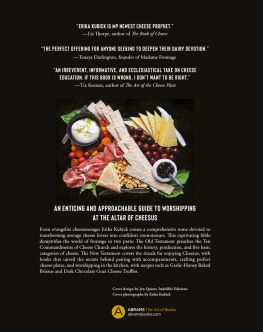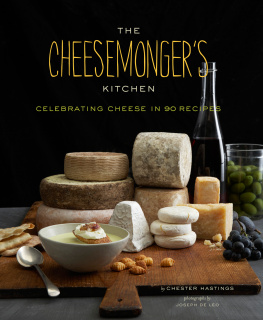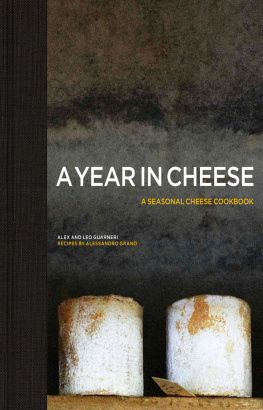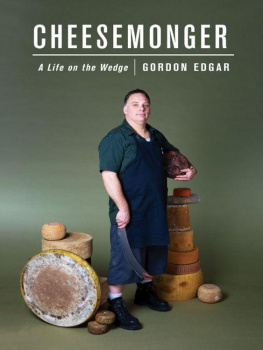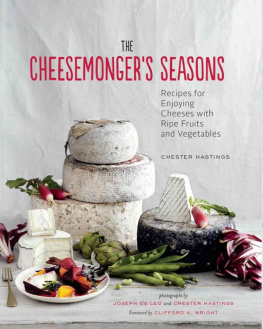For Jen
X
First published in Great Britain in 2013 by
Michael OMara Books Limited
9 Lion Yard
Tremadoc Road
London SW4 7NQ
Copyright Matt Feroze 2013
All rights reserved. You may not copy, store, distribute, transmit, reproduce or otherwise make available this publication (or any part of it) in any form, or by any means (electronic, digital, optical, mechanical, photocopying, recording or otherwise), without the prior written permission of the publisher. Any person who does any unauthorized act in relation to this publication may be liable to criminal prosecution and civil claims for damages.
A CIP catalogue record for this book is available from the British Library.
Papers used by Michael OMara Books Limited are natural, recyclable products made from wood grown in sustainable forests. The manufacturing processes conform to the environmental regulations of the country of origin.
ISBN: 978-1-78243-157-2 in hardback print format
ISBN: 978-1-78243-178-7 in ebook format
www.mombooks.com
Contents
CHAPTER 1

P erched halfway up a mountain is La Ferme des Courmettes, a small collection of squat buildings, home to the enigmatic Bruno and his herd of goats. This was to be my home for the next few weeks.
The scraggy and fairly unforgiving mountain rises up just behind the coast of the Cte dAzur. On a fine day you can see all the way along the voluptuous sweep of coast from Nice to the Cap dAntibes, aware of the goings-on of that jet-set Mediterranean lifestyle, yet at the same time blissfully removed. So removed, in fact, that its a gruelling one-and-a-half-hour trek through seldom-used forest trails to the nearest village.
In early March, the sky is generally that sort of heavy blue you rarely see in England, even at the height of summer, and the grass is green and vibrant as it covers the pastures in which the farm is nestled. The road leading up to the farm is dusty and potholed, with frequent sharp bends and sheer drops that cause beads of sweat to prickle out on the palms of my hands when theyre taken at speed, which they usually are.
The area surrounding the farm forms part of a nature reserve, and Brunos goats are allowed to graze freely hairy little park keepers making sure the trees and the wiry undergrowth are kept in check with their insatiable appetites. Gnarled oaks and chestnuts spring up at all angles, and the undulating landscape is punctuated by rocky outcrops and clusters of small, bright flowers and wild thyme. It is hard to imagine an environment in which a goat could be happier.
Bruno Gabelier has made his home here since 1995. The isolated farmhouse is cramped, with only three rooms, and sparsely furnished. But its warm; theres a comfortable, overstuffed sofa in the living room, and the kitchen is always full of fresh, local produce food miles are counted on one hand here. Its not luxurious by any means, but at night the lights glowing from the windows across the dark pastures and hills cant fail to lift the spirits. Inside, Bruno likes to keep the television burbling away in the background. It often shows Noubliez pas les paroles, the French version of the show Dont Forget the Lyrics. Bruno sings along, much to the disdain of the farm cat, who stalks through the house with a tubby aloofness.
Outside, along one wall, and extending out behind, is the long, low goat shed, its solid stone walls providing a foundation for the farmhouse in more than just a physical sense. Inside, on a straw-strewn floor, is housed a troop of eighty or so female goats, a few males and thirty precocious infants. These are Brunos little earners. They are mostly of the Alpine Chamoise breed: good milkers with a handsome brown coat, covered in black markings and flecks of white. They are well fed, healthy and full of energy. They are also inquisitive, playful and never, as I am about to find out, quite where you want them to be!

The 5 a.m. check-in at Gatwick Airport had taken its toll and the combination of sleep deprivation and a hastily snarfed Pret A Manger bacon-and-egg sandwich with large milky coffee was sitting uncomfortably with my stomach. I arrived into Nice airport at 9 a.m. in early March 2010, exhausted, bleary and disoriented. Nonetheless, I wasnt a complete stranger to this part of the world. I was feeling fairly confident that my experiences around Aix-en-Provence, where I had spent six months learning French a few years previously, would have prepared me well for navigating the rural bus routes to Grasse, the hilly home of French perfume. It was here that I was due to meet my new boss and landlord, Bruno. Bruno owned the farm on the nearby mountain and had, possibly against his better judgement, agreed to let me stay with him for the next four weeks, lending a hand around the farm and learning as much as I could about making cheese.
It was teeming with the sort of damp, generous rain that soaks you to the skin almost without effort. I sat in a bus shelter that smelled of mildew and old, fried food, listening to the rain drumming on the roof and hoping for a gap in the wet blanket of cloud above as I waited for the bus. It really was dismally cold. If it hadnt been for the Mediterranean, flat and grey as far as the inclement conditions let me see it, I could have been back in the UK.
Bienvenue la Cte dAzur
Not for the first time I wondered if my friends had been right in raising their eyebrows or occasionally laughing outright at my choice of holiday. Employing my rusty French, I confirmed that the driver was heading in the right direction and took my seat as the bus started its slow meander through the countryside. I sent a text message to Bruno to let him know that I was on my way and started flicking through my old friend French Grammar in Context, perhaps vainly hoping to impress through faultless conjugation.
From Brunos brief emails I had inferred a concern that I was some kind of soft-skinned, vacationing city dweller, clearly unsuited to existence in the wilds of southern France. I was ready to admit that to some extent his concern was valid: my first three years in the Big Smoke had not been kind to my waistline and, with the exception of a very small amount of indoor climbing, I really hadnt done anything approaching exercise for a long time. I was ridiculously keen to make a good impression, though, and confident that, despite recent lethargy, I had a solid background of wrangling with pigs and putting up with mud and ungrateful geese from my childhood on a rural Devonshire smallholding. I felt that I could prove that I wasnt all suits, cocktails and dim sum.
Suddenly, the realization struck that I hadnt put my watch forward on arriving in France and I got a sick, sinking feeling in the pit of my stomach. I had arrived into the airport at 9 a.m. English time, so 10 a.m. French time. I had told Bruno that I would be in Grasse at 11 a.m. That was ten minutes from now and he would be there waiting for me; I still had an hours worth of journey left. So much for first impressions. Merde!
Following a grovelling text message, I arrived into Grasse bus station and waited for Bruno, who was nowhere to be seen. Every minute that I waited was heavy with embarrassment.
The car journey was awkward: Brunos forgiveness was not immediately forthcoming and my level of comprehension was low. Bruno was gruff and serious, clearly a man of the countryside, a man of few, but carefully chosen, words. Strong forearms and a strong handshake complemented the pronounced odour of goat that emanated from him like an animal aftershave.
Next page




